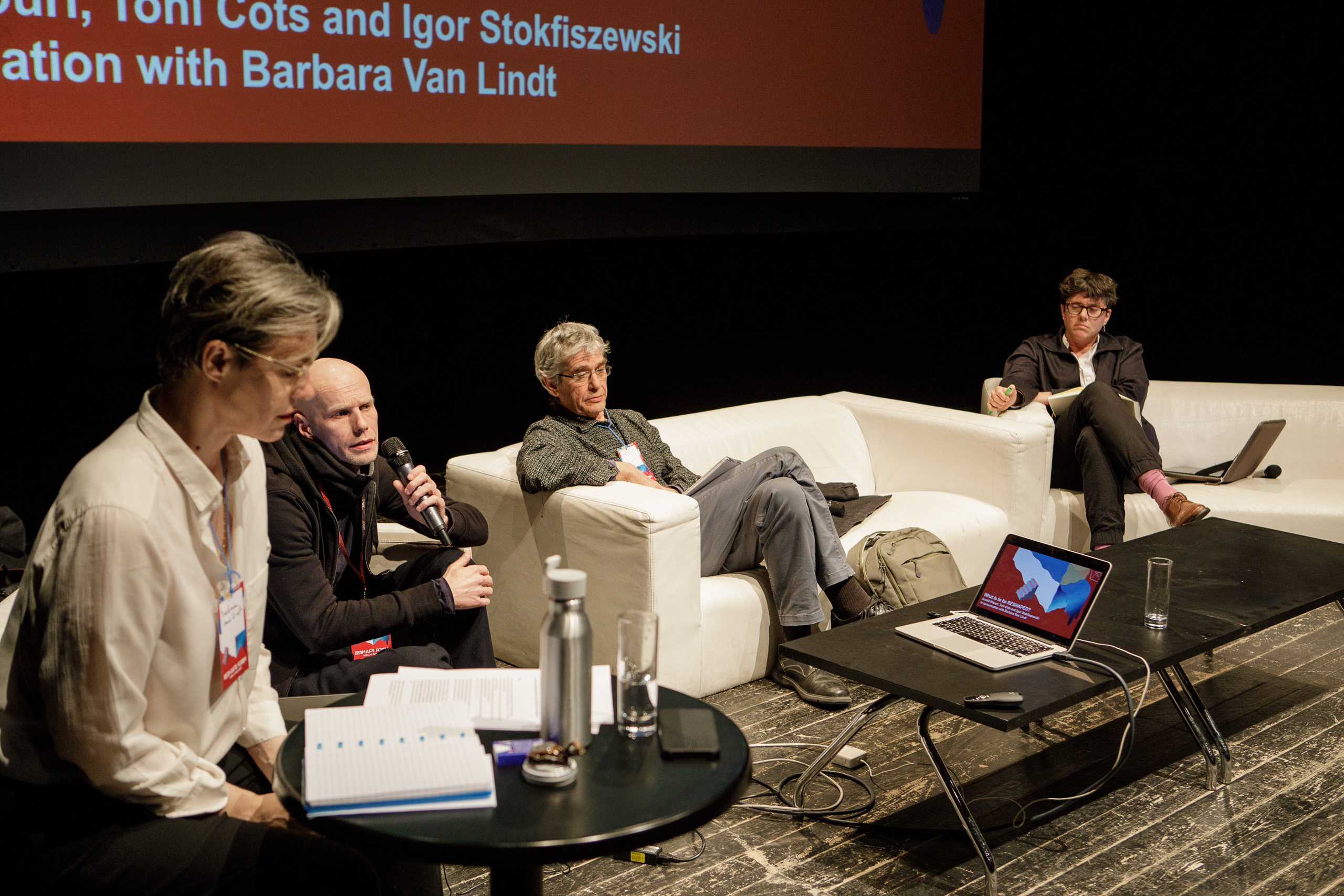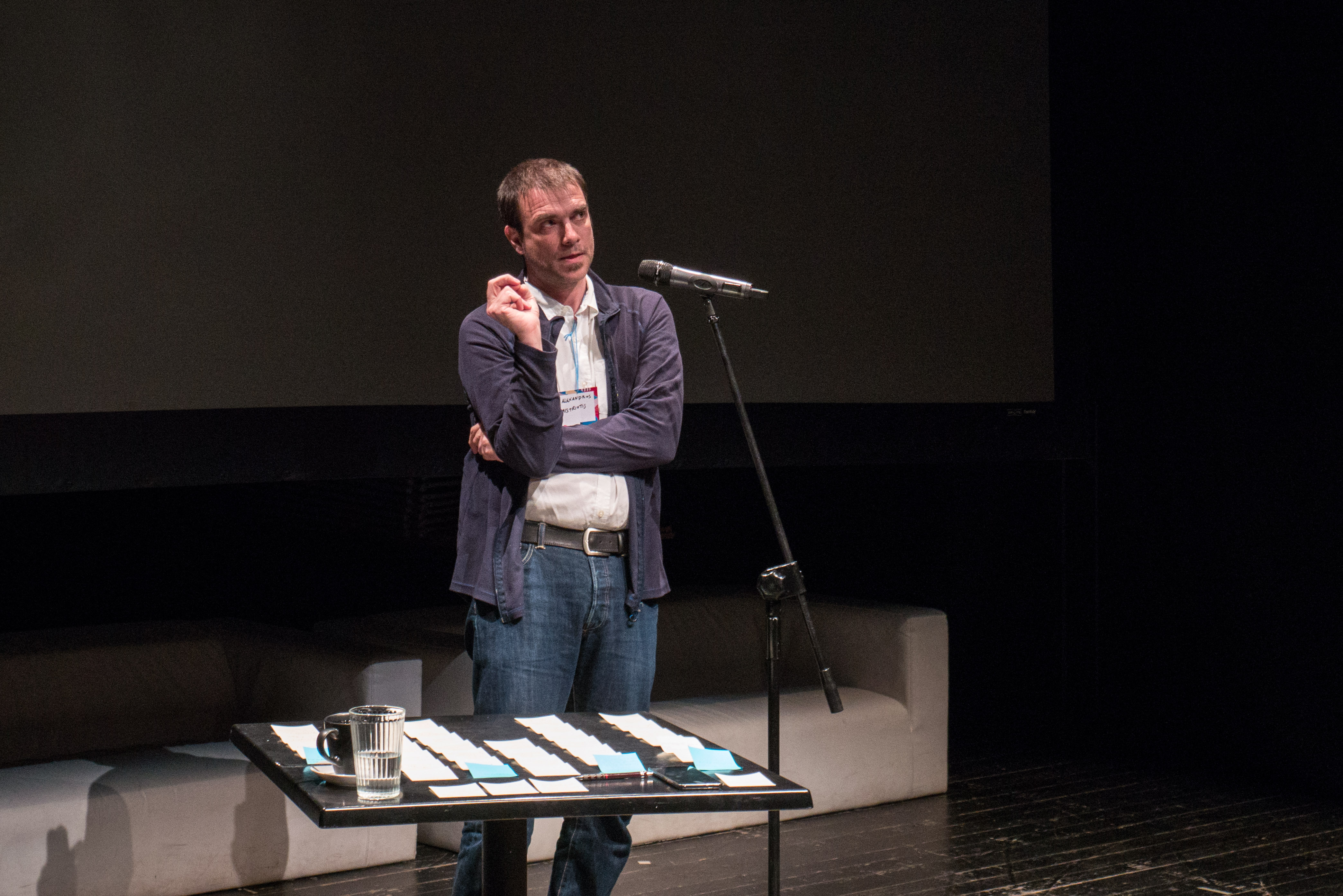Solidarity Economies
How can solidarity funding encourage the vitality of contemporary arts in these uncertain times?
How can solidarity funding encourage the vitality of contemporary arts in these uncertain times?


Solidarity is a complex construct which can have many different perspectives due to individual belief, social, ethnic and cultural background. When it comes to solidarity in funding, it is mostly Euro-centric interpretation of the financing which refers mostly exclusively to Western and Northern Europe. The group extracted six prototypes of solidarity funding: solidarity manifesto, game, solidarity tax on Creative Europe funding which would be directed to the non-eligible states, social network based on solidarity and b'n'b platform opened for non-artist which would serve as basis for mobility fund.



